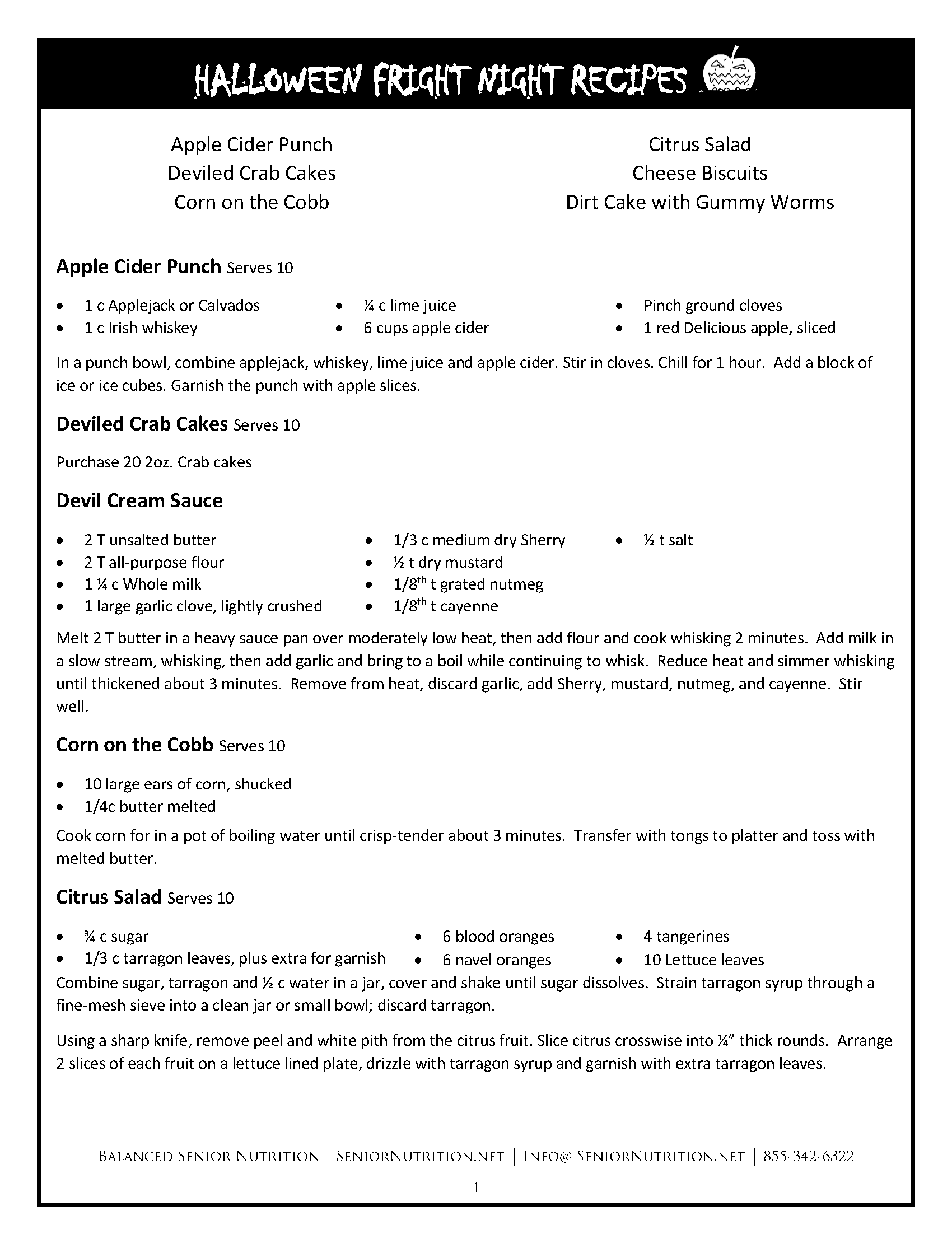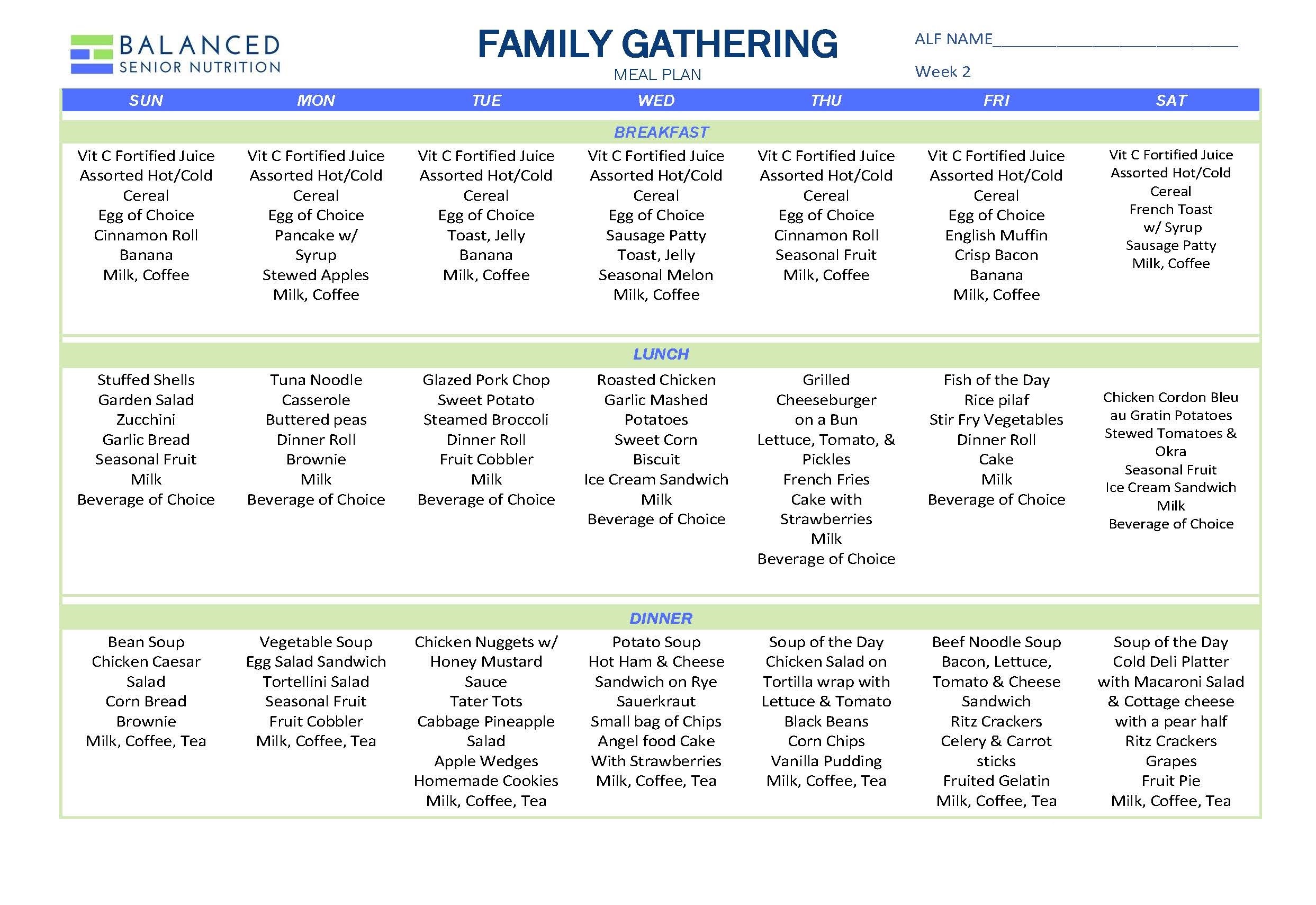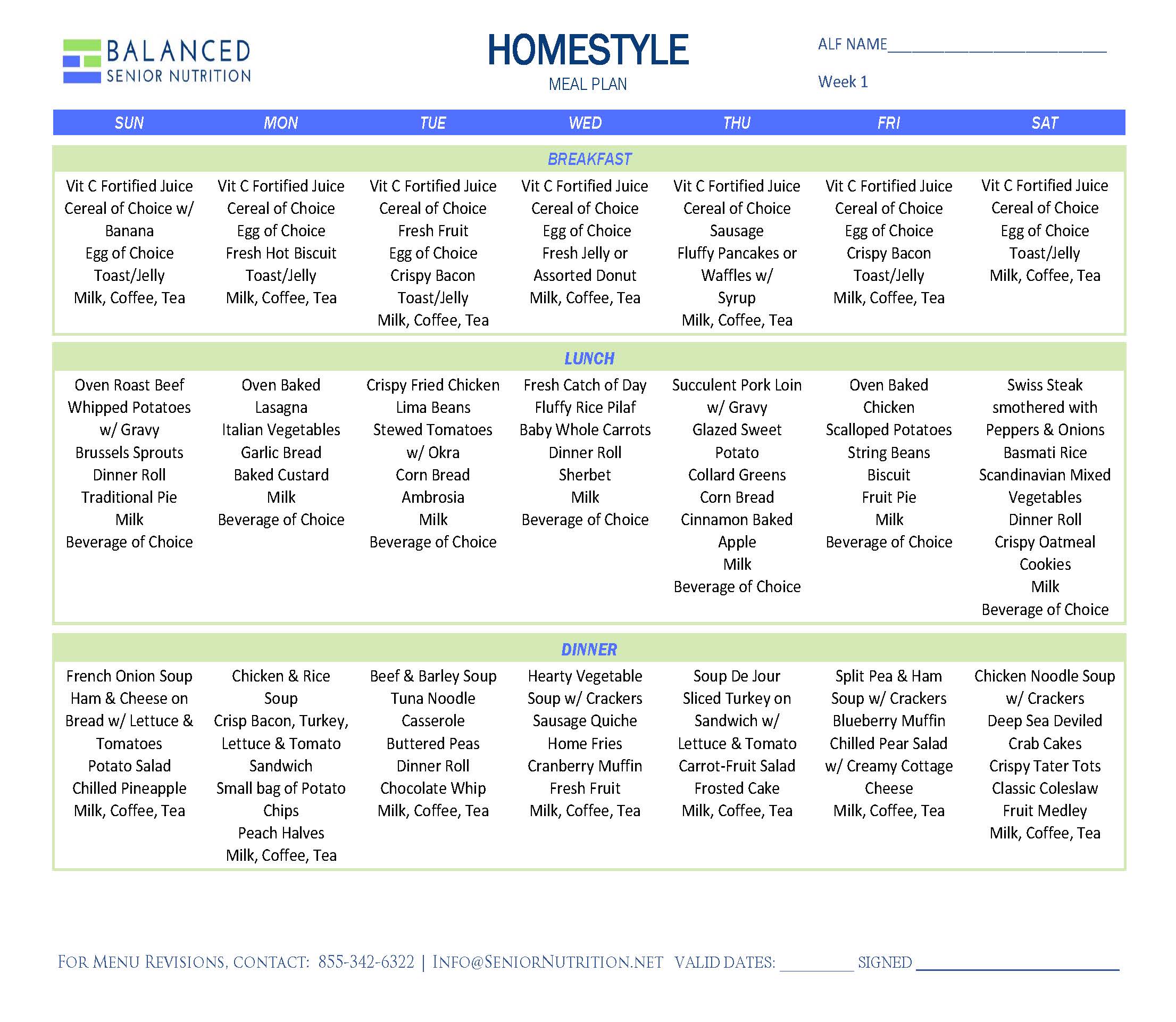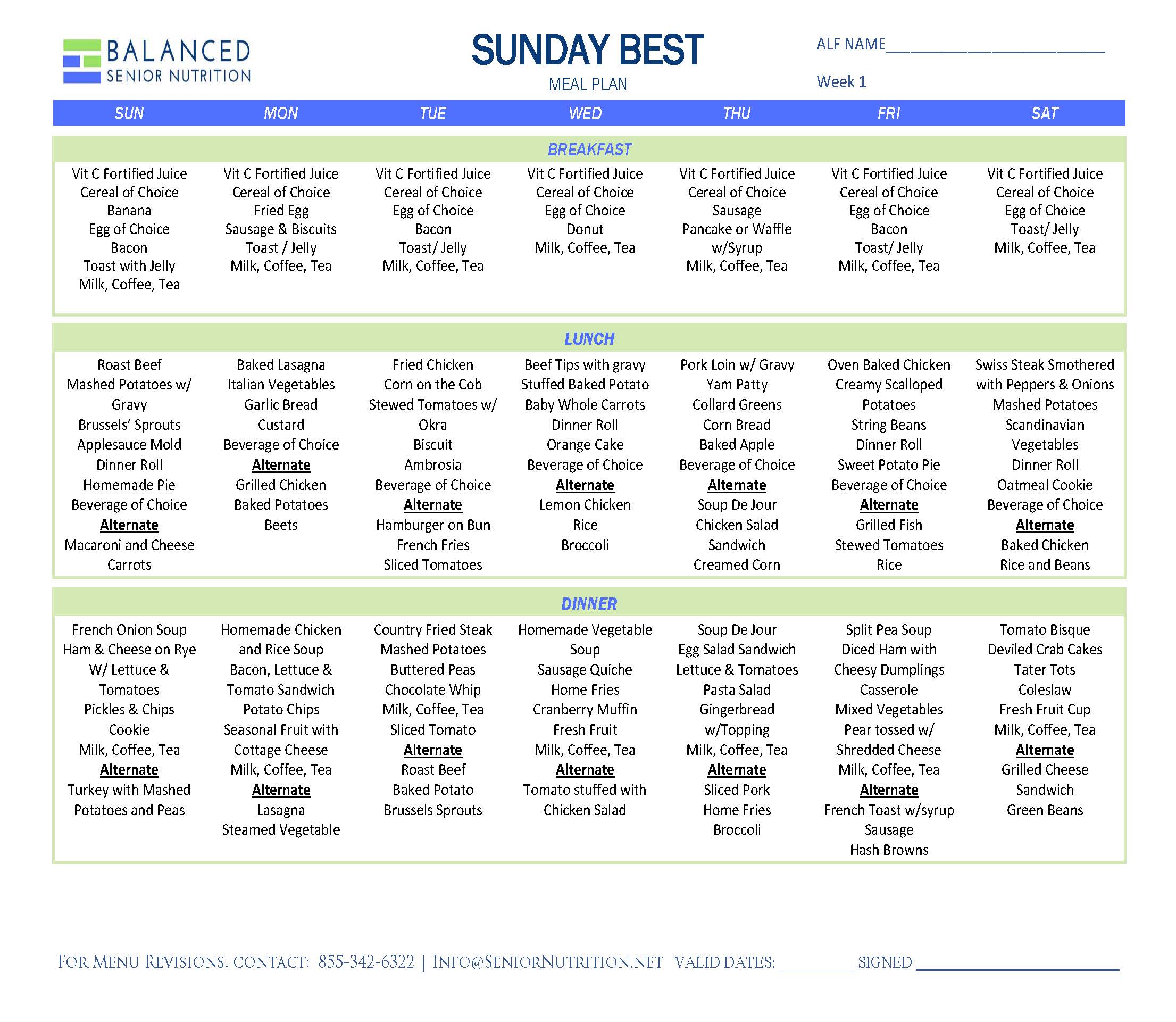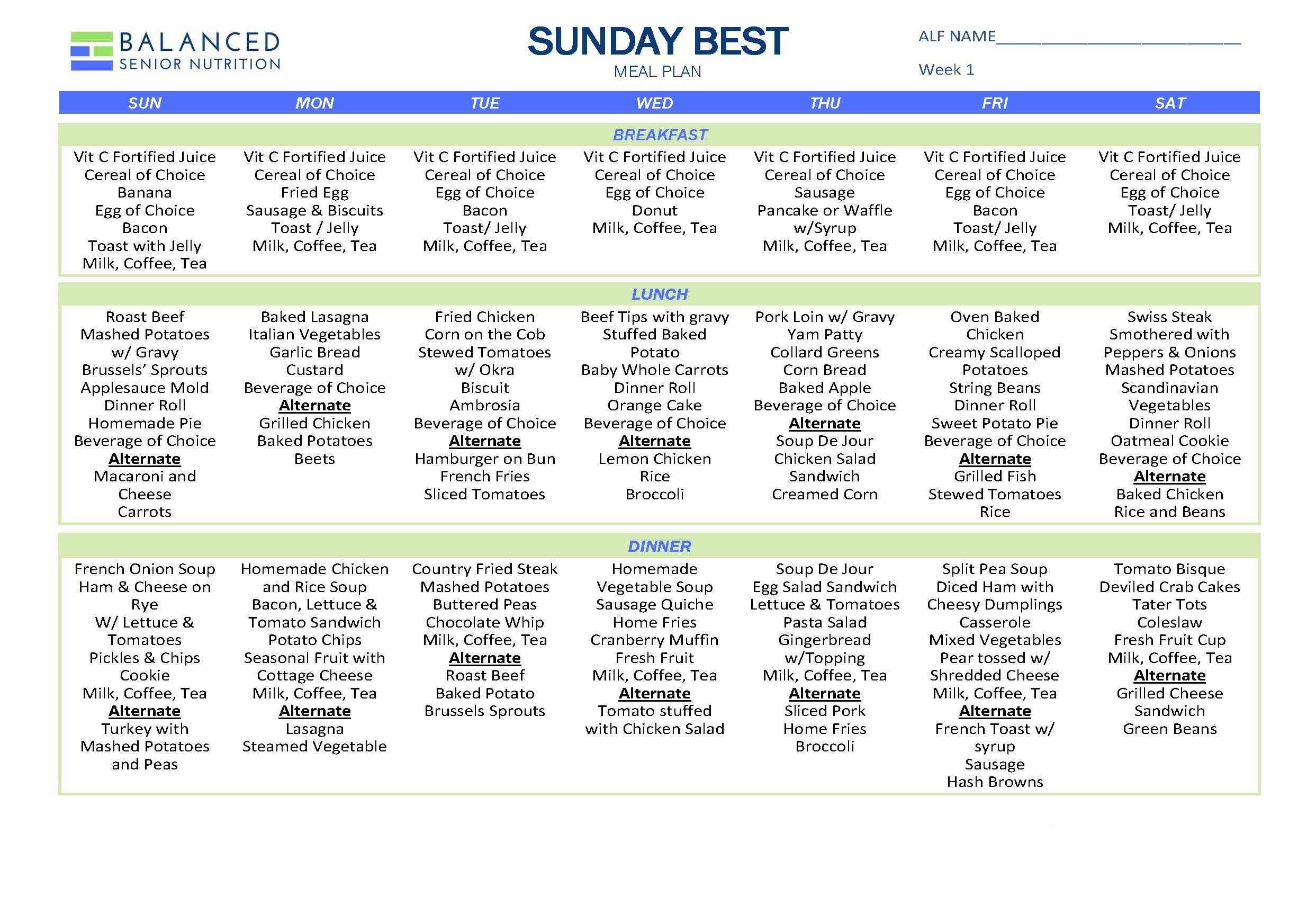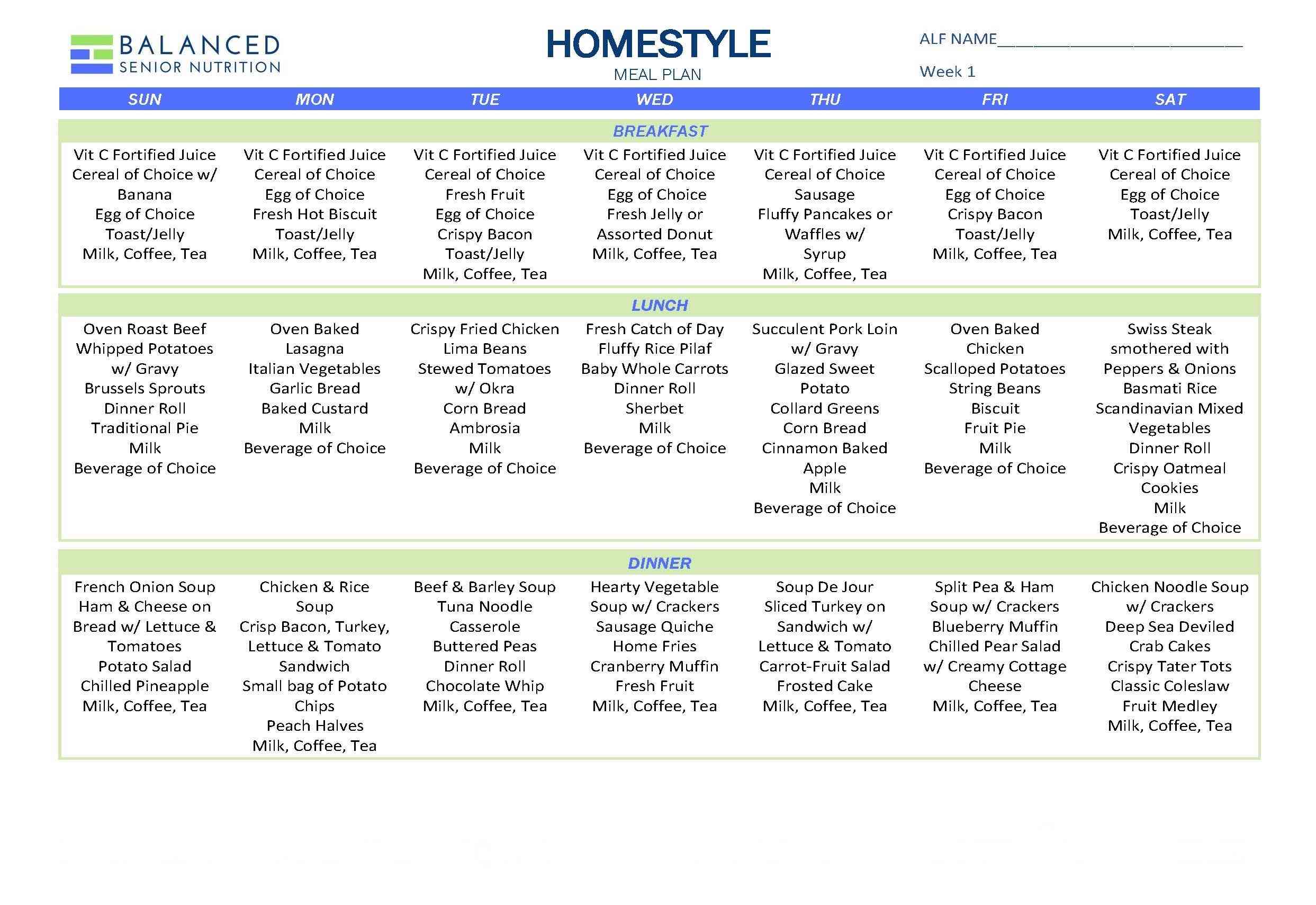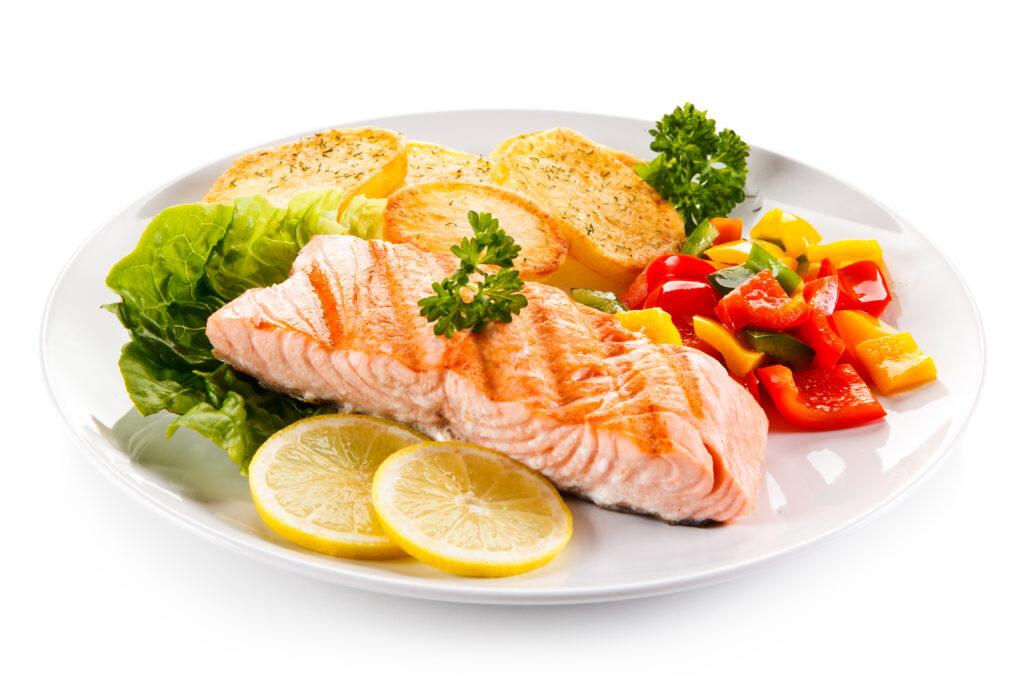
We must do all we can to support healthy eyes and try to prevent cataracts, macular degeneration, glaucoma and other sight issues. Here are some foods that may reduce the risk.
Vividly Colored Fruits and Veggies loaded with beta-carotene, which the body converts to vitamin A, a nutrient that helps prevent dry eyes and night blindness. The richest sources are yellow, orange, and green leafy fruits and vegetables, such as carrots, spinach, sweet potatoes, cantaloupe, and winter squash. Beta-carotene and vitamin A are best absorbed when eaten with a little healthy fat such as olive oil.
Kale is a source of lutein and zeaxanthin, and may help reduce the risk of eye changes related to aging and protect eyes from sun damage.
Strawberries are rich in vitamin C that may help lower the risk of cataracts. Other vitamin C-rich foods include citrus, cantaloupe, bell peppers, and broccoli.
Healthy Fats help with the absorption of the nutrients we mentioned above, and some like salmon and other types of fatty fishes are an excellent source of omega-3 fatty acids, which may be beneficial for eye health. Other foods that include this type of healthy fat are walnuts (which also contain eye-healthy vitamin E), flax and chia seeds.
- If you care for a population at risk of losing sight, check with your dietitian to make sure to include some of the above foods.


